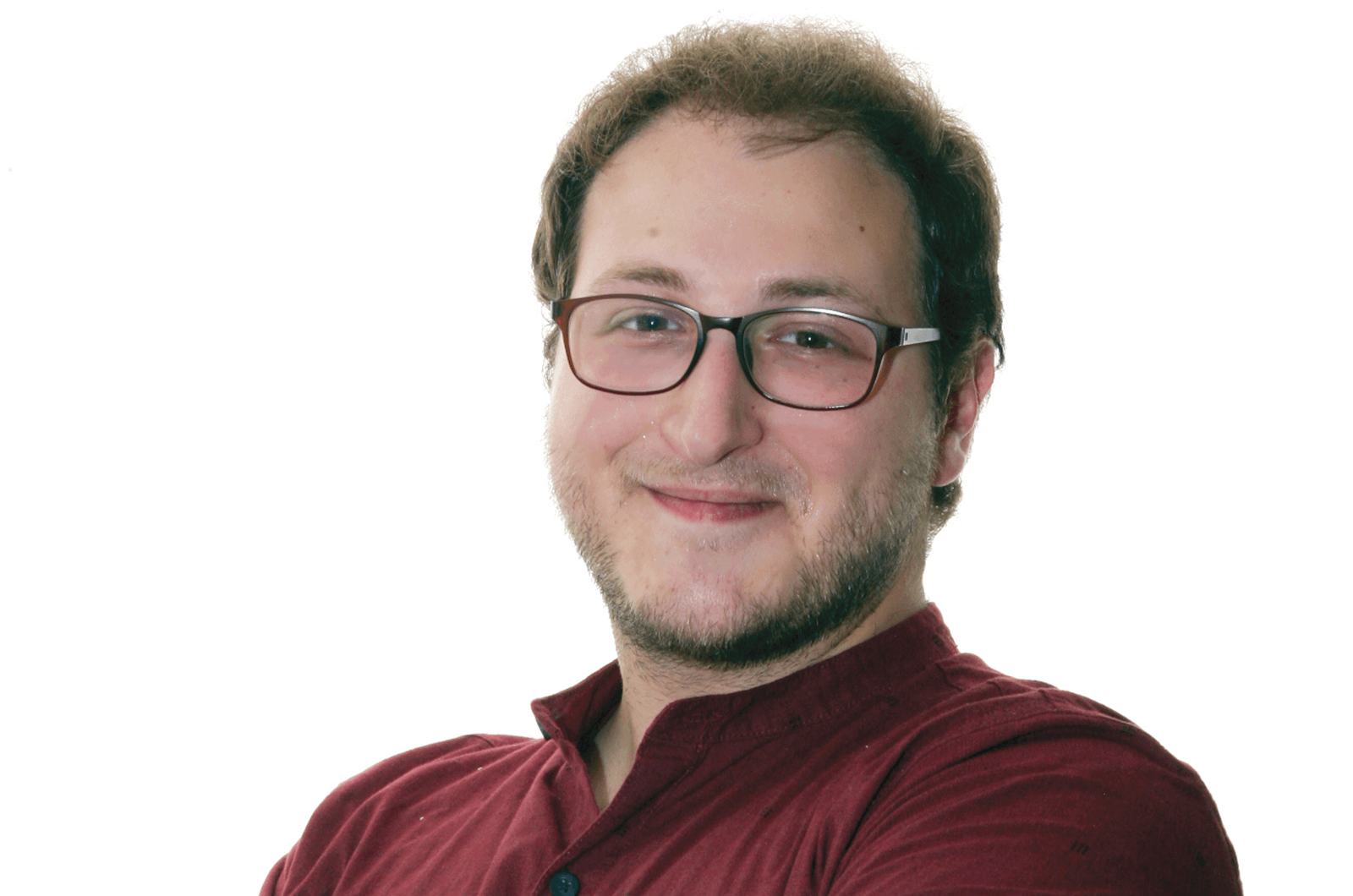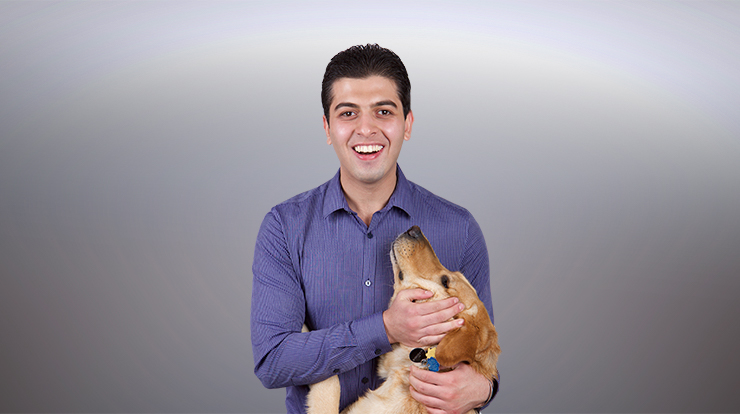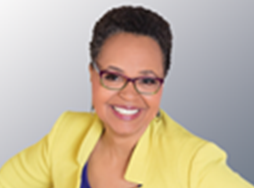 Ahmad Almallah
Ahmad AlmallahWhile growing up in Damascus, Syria, Ahmad Almallah dreamed of being a leader or a politician—someone who could influence positive change in the world. Life changed dramatically for him, however, in 2011, when the “Arab Spring” protests rocked the Middle East, sparking a brutal civil war in Syria between government forces led by president Bashar al-Assad and factions of militant revolutionaries opposing his regime.
Almallah was a college student when the conflict first erupted. As the violence spread to Damascus, his family insisted he leave the city—and Syria altogether—to continue his education. Anguished about having to leave his family and homeland, Almallah ended up in Malaysia and earned his bachelor’s degree in civil engineering. In 2016 he moved to Nova Scotia, Canada, to work on a post-graduate degree at Dalhousie University in Halifax.
Almallah joined the school’s Dal Toastmasters club and began honing both his English and public speaking skills. He has won two speech contests and now feels as though he’s keeping his dream of leadership alive.
Tell us about leaving Damascus in November 2012.
It was obvious that the Syrian crisis was getting worse every day, and my parents decided that I must go. I did not want to leave the city of my childhood, my parents; I did not want to start all over again in a foreign country. I was so sad about leaving a country that it seemed like I was not going to see again.
Have you been able to see your family since you left?
Even though people can go in and out of Syria, I am always so worried about my family. [His father, mother and 15-year-old brother are still in Syria.] My father has had the chance to visit me several times since I left, but I always hope that it will not be the last time. I have only seen my mother, sister and little brother once in the past five and a half years. I contact them almost every day through the internet, which is luckily available in Damascus.
How has Toastmasters helped you?
Toastmasters has offered me the best platform to develop my skills in communication and public speaking. It gave me the confidence to take the lead in different roles and the courage to be self-motivated when it comes to speaking in public. I have also had the opportunity of meeting awesome people who shared the same interests with me and walked with me step by step through their encouragement and mentoring. Toastmasters offered me a practice space without being judged, which is what I like most about it. It is a safe room for making mistakes and learning from them.
How did it feel to win a speech contest for the first time?
Winning first place at the Table Topics Division Contest meant a lot for me as a non-native English speaker. One of the contestants was a Distinguished Toastmaster from Canada. I do not consider myself fluent in public speaking in English, but Toastmasters gave me the confidence to just try and be myself on the stage.
Why have you chosen to speak about the Syrian conflict in many of your speeches?
As a Syrian, I believe that we could learn lessons from the Syrian conflict. Appreciating how life is more difficult for some people is important, as well as understanding what life means for us. Keeping the peace and the harmony in any country is an important factor to preventing conflict. The last thing is focusing on education to keep society aware of harmful ideologies or bigotry so people can speak up against it.
How do you think you’re inspiring other refugees and immigrants?
Some newcomers are afraid of speaking in public in a new language; leading by example is something I am always doing, and perhaps my small journey with Toastmasters is proof that newcomers can tackle language barriers by stepping up and moving forward.
What is next?
As a member of the Dal Toastmasters club’s executive committee, I will keep working with my peers to ensure our success. My dream is to become a successful leader, and I will keep working hard to achieve it.



 Previous
Previous
 Previous Article
Previous Article

